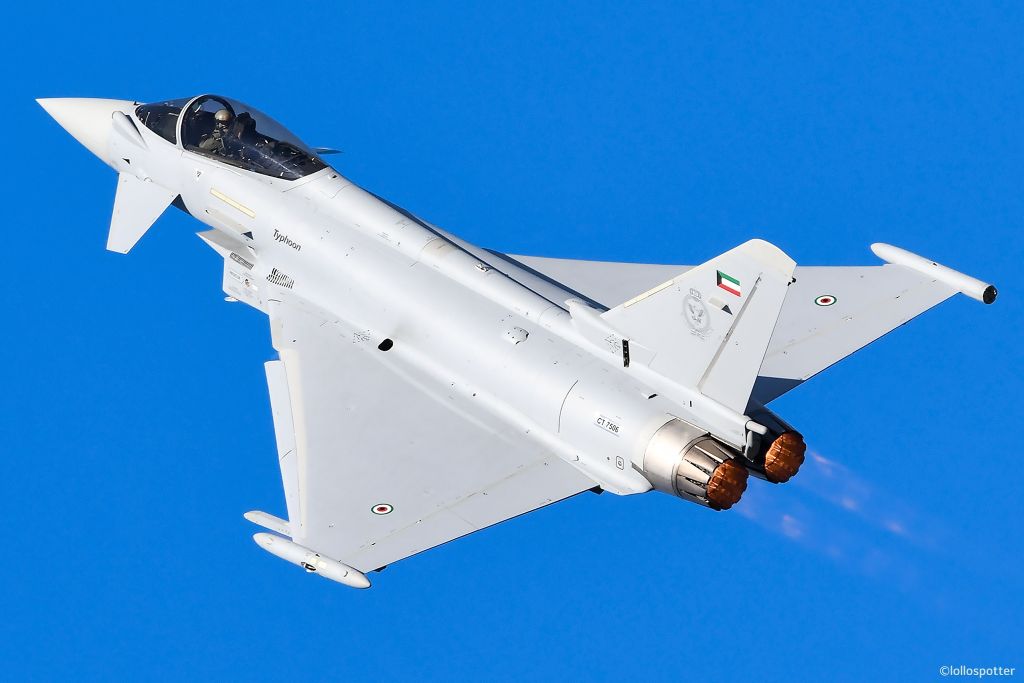Avio Advances to Become a Secondary Supplier for Raytheon’s Standard Missile
Strategic Partnership with Raytheon
Italian aerospace company Avio is progressing toward establishing itself as a secondary supplier of rocket engines for Raytheon’s Standard Missile system. This initiative comes in response to heightened demand for the Mk 104 dual-thrust rocket motor, predominantly utilized in the Standard Missile.
- Contract Details: Avio has secured a contract worth $26 million from Raytheon to further its engineering capabilities focused on the Mk 104 rocket motor.
Demand and Production Context
The significance of the Mk 104 motor cannot be overstated, as it is the most utilized propulsion system in the Standard Missile. According to Avio’s CEO, Giulio Ranzo, Raytheon’s decision to seek a secondary supplier stems from an escalating demand for missile systems.
- Preliminary Agreements: This latest contract builds on an earlier agreement from July 2024, which enabled Avio to commence initial engineering studies to become an additional source for the Mk 104, previously exclusively manufactured by Aerojet.
Supply Chain Enhancement
Barbara Borgonovi, President of Naval Power at Raytheon, emphasized the importance of this purchase order in bolstering supply chain resilience. By diversifying sourcing of critical components, Raytheon aims to enhance production capacity for its missile systems, ensuring reliability to meet increasing customer demands.
Future Production Plans
Ranzo previously indicated that Avio aims to triple its production output within five years. This ambition coincides with the U.S. military and defense industry seeking international partnerships to alleviate chronic production deficiencies domestically.
- U.S. Manufacturing Facilities: Avio is in the process of establishing a manufacturing presence in the United States, initially commencing assembly of the Mk 104 components at its facility in Colleferro, Italy.
Timeline for Implementation
Avio plans to begin the manufacturing of necessary components within the next 18 months, setting the stage for qualification as a secondary source. Ranzo outlined a timeline for initial production to start within two to two and a half years—first in Italy, followed by operations at the new U.S. site, the specifics of which are yet to be disclosed.
Broader Contributions and Capabilities
In addition to the Mk 104 project, Avio has established itself as a significant player in missile propulsion, contributing to various defense systems including:
- Propulsion and components for the Aster 30 missile
- Solid-propellant rocket motors for the CAMM-ER air-defense missile
Moreover, Avio has solidified its standing in the aerospace sector by deploying 120 satellites into orbit across 24 launches using its Vega launch vehicle over the past twelve years.
This strategic maneuvering not only positions Avio favorably within the defense supply chain but also reflects broader trends in collaboration between European manufacturers and U.S. defense contractors to fortify military readiness and technological advancement.





